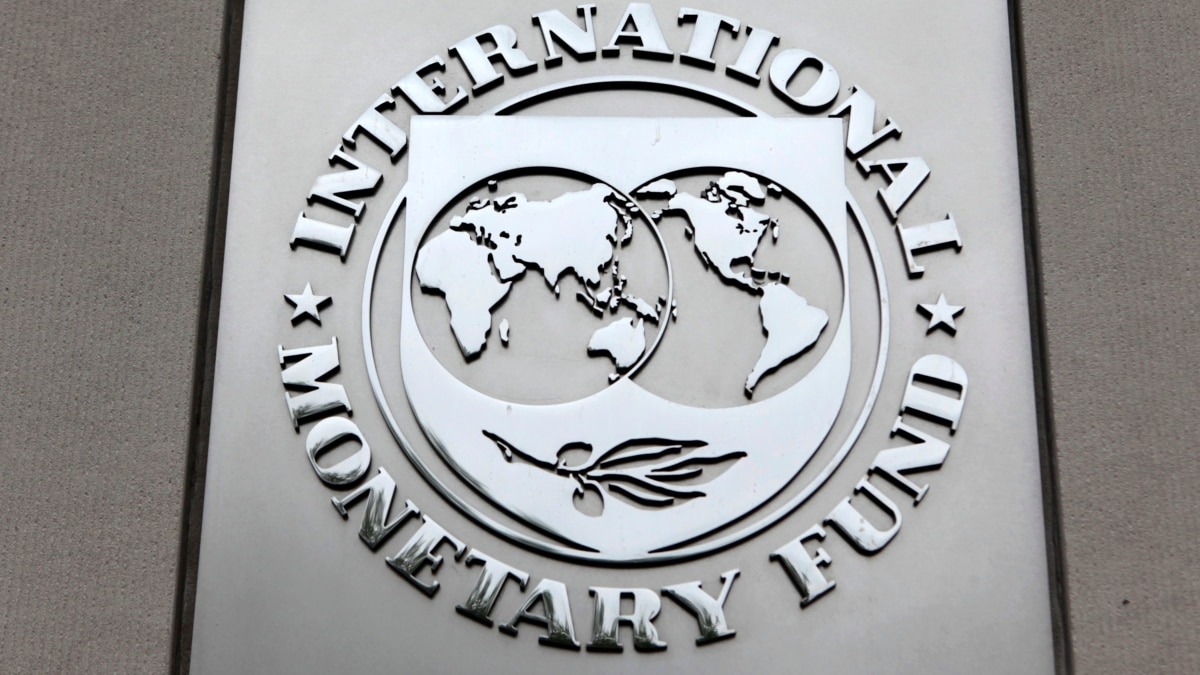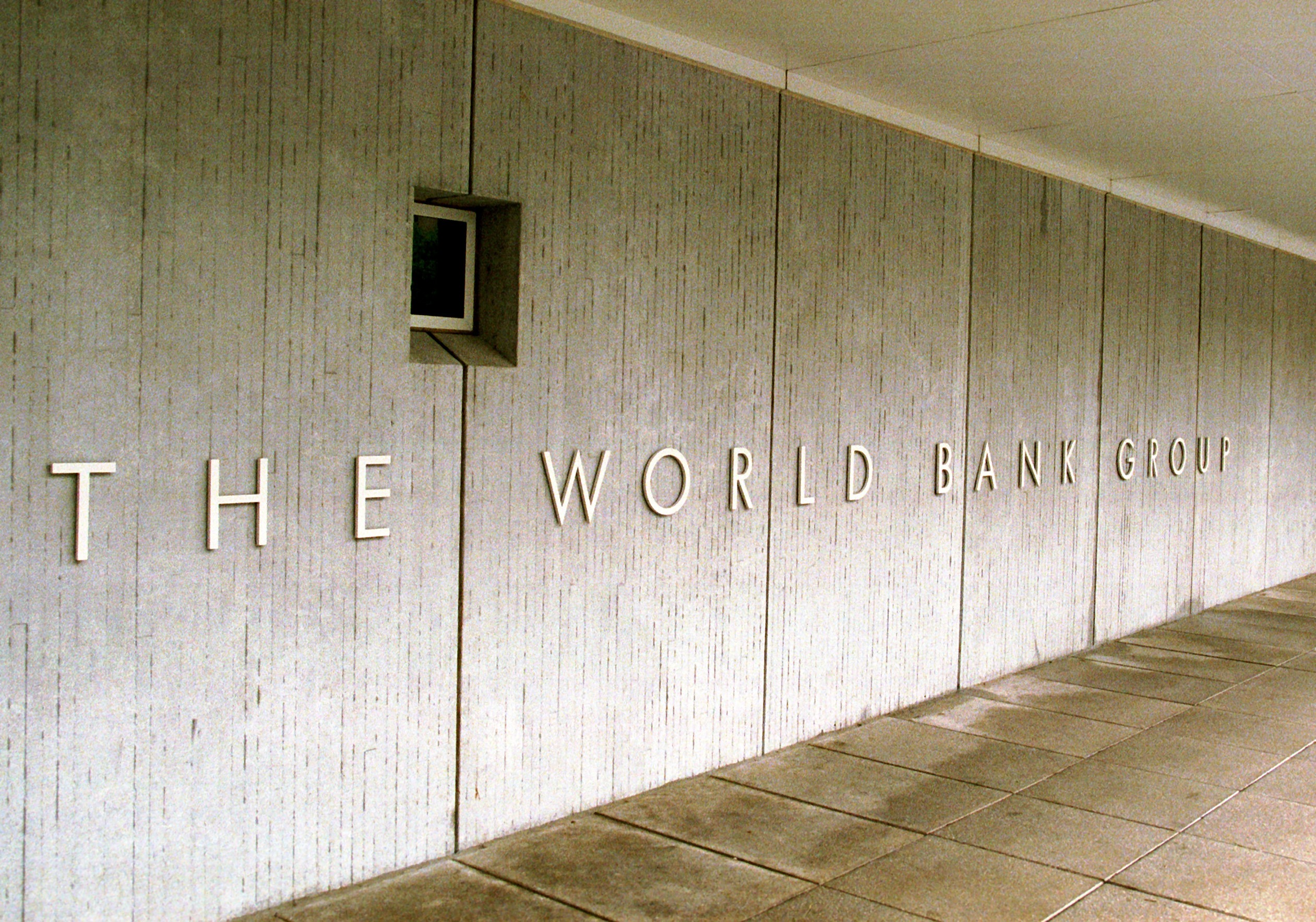As the World Bank and the International Monetary Fund (IMF) convene this week, they gather with a diverse array of participants from across the globe. While these institutions strive for inclusivity, particularly in a diplomatic forum like the United Nations, their fundamental purpose as financial institutions differs.
Originally established by Western powers post-World War II to foster economic development and stability, the World Bank and IMF were not designed to accommodate non-market economies like China or serve their interests.
The inclusion of China in these institutions has proved counterproductive to their core mission. China’s divergent economic agenda, focused on advancing its own interests rather than upholding global standards, undermines the intended goals of the World Bank and IMF.

China’s emergence as a major creditor to developing nations, often extending loans without the safeguards for sound economic policies, has perpetuated debt traps and facilitated corruption, finally thwarting development efforts.
China’s participation within these institutions hampers their efficacy from within. In instances such as IMF-led sovereign debt resolution, China’s reluctance to cooperate impedes progress.
Similarly, at the World Bank, China undermines efforts to uphold human rights standards and exploits procurement processes, advancing its own interests at the expense of others.
Despite these challenges, World Bank and IMF leaders have opted for appeasement rather than confronting China’s disruptive behavior. This approach, driven by fears of antagonizing China, undermines the institutions’ effectiveness and legitimacy.
However, it is imperative for democratic and capitalist nations, particularly the United States, to acknowledge the reality of China’s actions and take decisive measures to counter them.

A proactive strategy entails ceasing lending to China, revising procurement procedures to exclude subsidized Chinese bids, and ensuring transparency regarding Chinese lending practices. Additionally, concerted efforts by the G7 and like-minded countries to challenge China’s influence within these institutions and support their original mandates are crucial.
While such measures may provoke backlash from China, they are essential to recalibrating the World Bank and IMF’s focus on serving the global community’s best interests.
By reaffirming their commitment to promoting economic growth, stability, and the well-being of the world’s most vulnerable populations, democratic nations can effectively confront China’s disruptive agenda and safeguard the integrity of international financial institutions.


